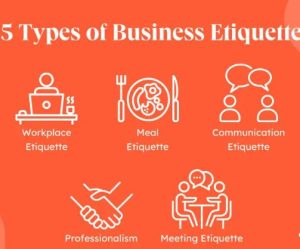What Are Effective Self-Leadership Strategies?
Self-leadership is a critical skill set that empowers individuals to influence their own thoughts, behaviors, and actions towards achieving their objectives. Effective self-leadership strategies not only enhance personal growth but also boost professional performance. Let’s explore proven strategies that lead to heightened self-management and self-motivation.

Develop a Clear Vision
Set Definite Goals: Successful self-leadership starts with clear, attainable objectives. A Harvard Business study found that individuals who set specific goals are 10 times more likely to succeed compared to those without clear goals. Define what success looks like for you in both your personal and professional life and make these visions the foundation of your daily activities.
Embrace Continuous Learning
Prioritize Skill Development: Committing to lifelong learning is a key strategy in self-leadership. The rapid pace of change in nearly every industry means that continuous skill upgrading is not optional but necessary. Research indicates that professionals who engage in continuous learning boost their earning potential by 29% on average.
Cultivate Emotional Intelligence
Manage Emotions Effectively: Emotional intelligence plays a significant role in self-leadership. Being able to understand and manage your emotions enhances your ability to navigate stress, make decisions, and interact with others effectively. Studies show that high emotional intelligence correlates with improved leadership abilities and better workplace outcomes.
Implement Strong Self-Discipline
Practice Regular Self-Discipline: Self-discipline is the cornerstone of effective self-leadership. This means setting a schedule, sticking to it, and maintaining high standards of work and personal ethics. A study by the University of Pennsylvania found that self-discipline outdoes IQ in predicting academic performance, suggesting its pivotal role in achieving long-term goals.
Leverage Feedback
Seek and Utilize Feedback: Feedback is invaluable for personal development. Actively seek constructive criticism from peers, mentors, and supervisors to gain insights into your performance and areas for improvement. Utilizing feedback effectively can lead to significant improvements in your skills and self-awareness.
Foster Resilience
Build Resilience through Challenges: Resilience is essential for overcoming obstacles and rebounding from setbacks. Embrace challenges as opportunities to grow and learn, strengthening your resilience over time. Research suggests that resilient individuals experience better career satisfaction and higher overall happiness.
By adopting these self leadership strategies, you can dramatically increase your effectiveness both within and outside the workplace. Effective self-leadership is not about power over others but power over oneself, guiding one’s own path to success through self-awareness, self-regulation, and proactive goal management. Embrace these strategies to transform your approach to challenges and opportunities, driving significant personal and professional development.